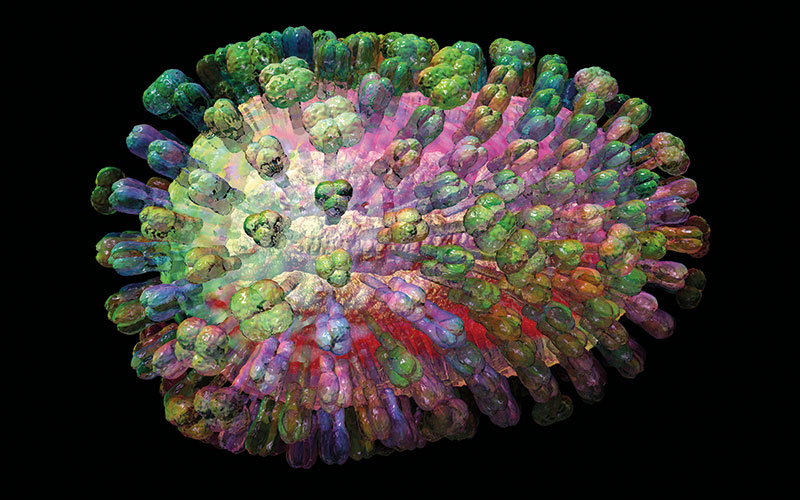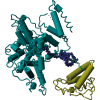Researchers have shown for the first time in mice that heart problems associated with flu are not caused by raging inflammation in the lungs, as has long been predicted.

Instead the electrical malfunctions and heart scarring seen in some of the sickest flu patients are caused by direct influenza infection of cardiac cells, according to the Ohio State University study.
The research team had seen flu viral particles in cardiac cells of infected mice in previous work, but couldn’t say for certain their presence in the heart was driving cardiac damage.
When infected with a genetically altered flu virus that wasn’t able to replicate in heart cells, the mice developed classic inflammatory flu symptoms – but no cardiac complications.
Lead author Jacob Yount said: “We showed that even when you have a very severe infection in the lungs, if you’re using that virus that can’t replicate in the heart, you don’t get those cardiac complications.
“It proves it’s direct infection of the heart that’s driving these complications. Now we need to figure out what direct infection does: Is it killing heart cells? There are a lot of questions now for us to answer.”




